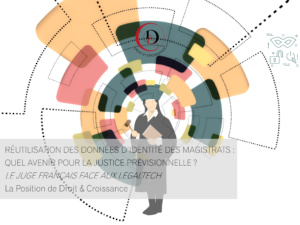The rise of new technologies is changing the way companies raise funds. Along with the recent increase of crowdfunding in the past years, a new form of funding has emerged more recently: the use of Initial Coin Offerings (ICOs). In 2017, companies raised more than $4 billion through ICOs in the United States, and during the first three months of 2018, ICOs allowed companies to raise $6.3 billion. In a typical ICO, a company raises cryptocurrencies giving some rights in return. The different nature and features of these rights, called “tokens”, are generating a lot of controversies among securities regulators around the world. Namely, it is not clear whether and, if so, when these tokens should comply with securities law. Securities regulators are addressing this issue in a very different manner across jurisdictions: while countries like the United States, Switzerland and Singapore are requiring companies to comply with existing securities rules only when a company issues “security tokens”, other jurisdictions, such as China and South Korea, have prohibited ICOs, and Mexico subject any issuance of tokens to a system of full control ex ante. Nevertheless, ICOs not only generate these challenges for securities regulators. They also arise many other issues from an accounting, finance, corporate governance, data protection, anti-money laundry and insolvency law perspective. By providing a comparative and interdisciplinary analysis of ICO, this paper seeks to help regulators and policy-makers to deal with ICOs in a way that may promote innovation and firms´ access to finance without harming investor protection, market integrity and the stability of the financial system.
The Law and Finance of Initial Coin Offerings







